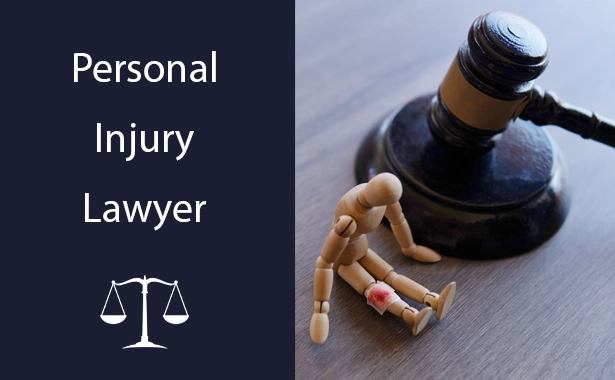Breach of Fiduciary Duty
A breach of fiduciary duty occurs when someone in a position of trust and confidence fails to act in the best interests of another party. This relationship typically involves a fiduciary, who must act with loyalty, honesty, and good faith on behalf of the beneficiary or client. Fiduciary duties can arise in various relationships, such as trustees and beneficiaries, corporate officers and shareholders, attorneys, and clients, etc.
Critical elements of a breach of fiduciary duty may include:
- Duty: The existence of a fiduciary duty, which implies a special relationship of trust and confidence.
- Breach: The fiduciary must fail to fulfill their duties or act inconsistent with their obligations.
- Causation: The breach must cause harm or loss to the party to whom the duty is owed.
- Damages: The harmed party must suffer actual damages or losses due to the breach.
Examples of breach of fiduciary duty include:
- Corporate Context: Corporate officers or directors might breach their duty to shareholders by engaging in self-dealing, misappropriating corporate assets, or making decisions that prioritize their interests over those of the company and its shareholders.
- Trustee and Beneficiary Relationship: A trustee might breach their duty by mismanaging trust assets, self-dealing, or failing to act in the best interests of the beneficiaries.
- Attorney-Client Relationship: Attorneys owe a fiduciary duty to their clients. Breaches can occur through conflicts of interest, inadequate representation, or misuse of client funds.
- Financial Advisors: Financial advisors are often fiduciaries, and a breach could involve providing advice for personal gain rather than the client’s best interest.
When a breach of fiduciary duty is alleged, legal remedies may include financial compensation, injunctions, or removing the fiduciary from their position. Legal actions can vary depending on the jurisdiction and the case’s specific facts. Parties involved in such situations should seek legal advice to understand their rights and options.



